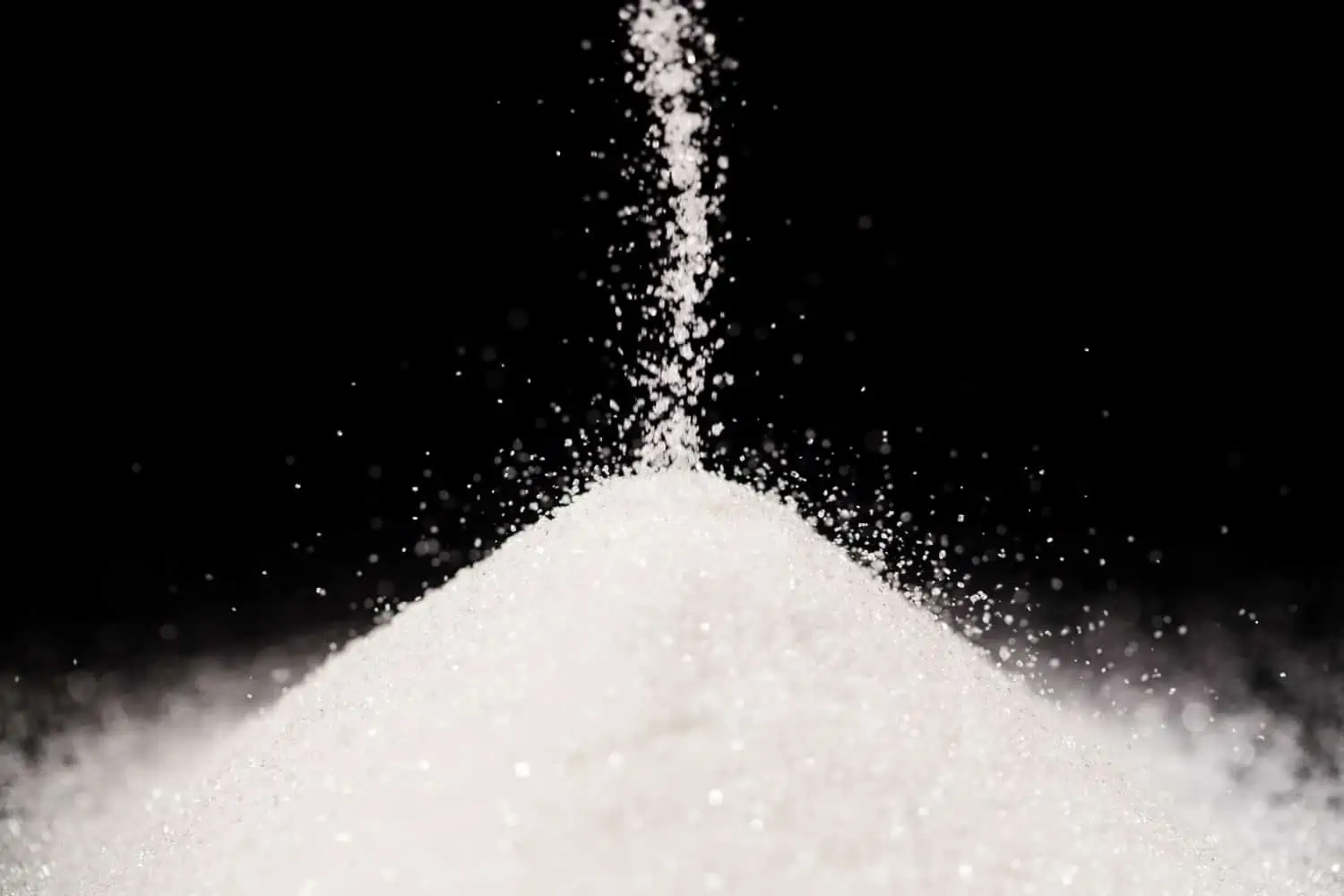Across the globe Salt Awareness Week is celebrated every year in March. Creating seven days dedicated to educating people about salt in our diets. Answering questions like, what does it do for our bodies? Why do we sometimes crave it? Or, how much is too much? Too much or too little salt could result in serious health issues, such as heart disease. So take advantage, learn more about salt and how to improve your health during 2022’s World Salt Week.
The Function of Salt in the Body
Salt is made up of around 40% sodium, a mineral essential to the human body. Sodium is essential for things like optimal muscle and nerve function. As well as maintaining a proper balance of water and minerals within the body. So you may find that a craving for salt is simply due to a lack of minerals. Because your body is signaling that there is an imbalance which your brain is interpreting as a possible need for salt.
The other 60% of salt is made up mostly of chloride, another key role player in the regulation of body fluids and electrolyte balance. This fluid balance is vital to maintaining healthy functionality of most of the body, but especially the heart, liver, and kidneys.
The Recommended Daily Dose
Most health organisations, such as American Heart Association (AHA), the U.S Food and Drug Administration (FDA) and the Centre for Disease Control and Prevention (CDC), recommend the average adult consume no more than 2300 mg per day. This is the equivalent to just under one five gram teaspoon per day. So as you nourish yourself during 2022, think about the one teaspoon rule, using World Salt Week a starting point.
The younger a person is, the less salt their body will need. So for example, the daily intake of a child under the age of three should be less than two grams.
What are the Risks
There are some risks to having too little salt, such as developing hyponatremia, a condition that occurs when the sodium in your blood falls below the normal range. However, our bodies do not require a lot of salt to function. Plus, many of the foods we eat today contain excessive amounts of salt. This means that the chances of someone developing a sodium deficiency is highly unlikely.
In fact, according to the World Health Organisation, the majority of people consume roughly twice the recommended maximum daily intake. So a sodium overdose is a much more likely risk. And although fatal salt overdoses are rare, too much sodium in the body could lead to various short and long term health issues. The most notable of which is raised blood pressure. Something that puts significant strain on the heart, especially if long term, increasing the risk of cardiovascular diseases and ultimately premature death. Although individual differences in salt sensitivity also play a role in how severe the effects are.
Quick Tricks to Minimise Your Salt Intake
To celebrate World Salt Week 2022, consider reducing your intake with a few little tricks.
- Awareness: Be mindful of when you use salt. Even in cooking, try not to make it a default ingredient. Think about if you really need it and how much you may have already had in the day. Even consider saying it out loud anytime you add salt to your food.
- Avoid cooking with salt: Remember that many sauces and soups already contain a fair amount of salt. So if using extra condiments you most likely don’t need to add more salt. Plus, by playing with various herbs and spices, such as garlic or ginger, you can leave out the added salt all together.
- Minimise consumption of processed foods: Many processed foods contain excessive amounts of sodium. Such as processed meat like bacon, sandwich spreads, crisps and tinned food. Check food labels and try to avoid anything containing >600 mg/100g sodium.
- Put the salt shaker away: out of sight, out of mind. Adding salt to food, sometimes even before tasting it, can develop into a regular habit. Avoid this, and try tasting a few mouthfuls before adding any extra salt.
Having mentioned these little tricks, I must still add that the best way to ensure your salt intake is healthy, is through a balanced diet. In fact, a balanced diet is the best way to maintain the best all round health, both physically and mentally. Start by considering what your body needs on a daily basis. Then think about variety and try to include all the food groups in your diet.
As well as this you should always check your portion sizes. Because too much or even too little in a meal could throw your body off balance. It may take a little more effort to begin with, but once you have a plan set up for yourself you will find it very easy to maintain.
